Table of Contents
Introduction
Life is so difficult, isn’t it? Life is similar to a puzzle where one has to analyze the pieces to find out the relationship and the most appropriate place where it will fit into. The question many ask is: “Why is life so hard?”
Life constantly challenges us to the extent where these challenges can even be said to be too much. These challenges can be too personal, too professional, or too global, and people seem to have the same question, which is: “Why Is Life So Hard?” The question itself has been familiar as philosophers, spiritual lineages, and plain people have been grappling with it for centuries. This piece of research takes on different areas from why life is hard—such as outward circumstances, inward sights to relieving tough, some turbulent areas, and finding the sense in it.
Suffering and Its Universality
Suffering Throughout Human History
Suffering has always been a common theme even with the progressive growth of human civilization. There were wars, famines, epidemics, and diseases, and there were deaths—all of which cut across age and culture. The phrase “why is life so hard” begins from this universal exponent – life’s hardship. Although societies have changed and there are new technologies, along with improvements in the quality of life, suffering still exists.
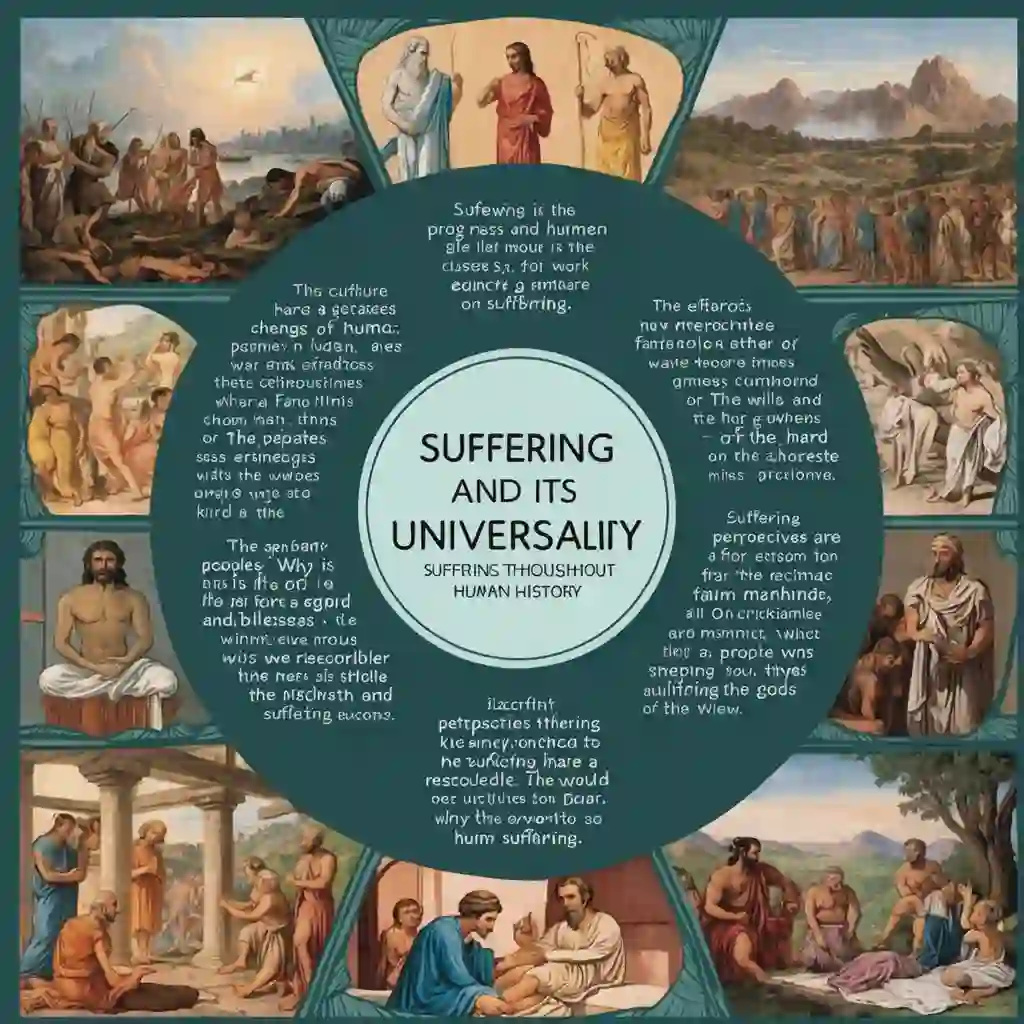
Historical Perspectives on Suffering
In the earlier ages, suffering was often blamed on the will of God or on fate. Ancient peoples held the view that it was either the gods or the universe which was responsible for the pain of mankind. The pain stemmed from the outside, and therefore people had a reasonable explanation as to why there is so much suffering; in that, this was a period for proving one’s worthiness, or that of one’s belief.
External Factors Contributing to Life’s Hardships
Economic Inequality
Economics is one such issue that answers why it is so hard for people in life. The gap continues to be pronounced, and this excessively translates to poor education, health care, and opportunities. As a result of this lack of basic needs, people keep experiencing suffering, especially for those born on the wrong side of the line.
Environmental Challenges
Add on top of these environmental problems like heat, pollution, natural disasters, and climate change, and anyone will understand why life is so hard. Such groups are faced with displacements, loss of income, and the burdens of mental health when they lose the place they call home and the life they were accustomed to. These environmental aspects form yet another reason as to why life is hard for certain populations, particularly the most at-risk ones.
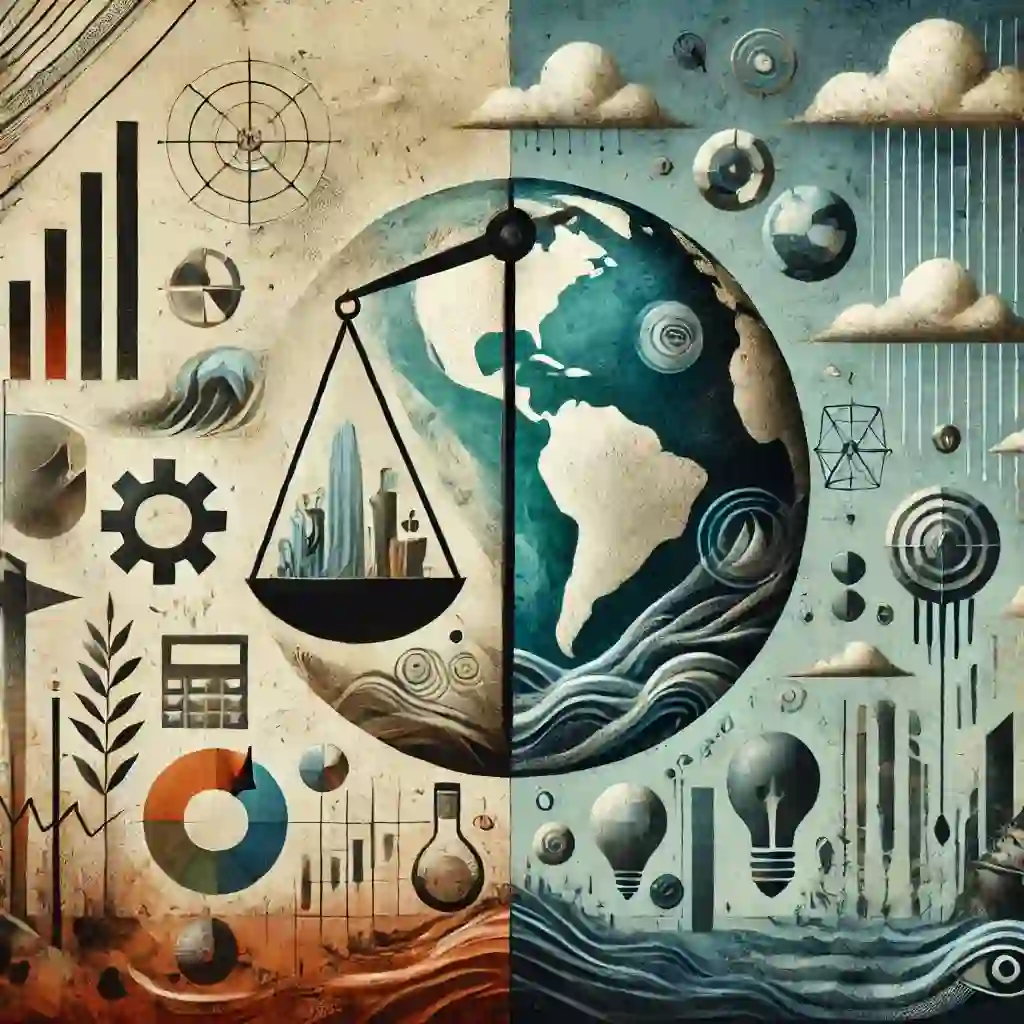
Social and Political Instability
Wars, political crises, as well as social discriminations that people live with, add to their burden. In such war-torn societies, life is lived under poor conditions, with fear and apprehension dominating their existence. For those belittled by others in cruel dictatorship systems or class divisions, the reason as to why life is so hard comes out as a reflection of their normal living circumstances.
Internal Factors and Personal Perceptions
The Role of Mental Health
Mental health problems, including depression and anxiety, are part of an individual’s experience in this life. These challenges are debilitating because they make one’s perspective very skewed. It is these perceptions that exaggerate challenges to the extent of isolating those individuals and persuading them that life is so hard. That is why it is essential to highlight mental health as a vital factor in erasing the feeling that life is very tough.
Expectations vs. Reality
Whenever expectations do not match what reality provides, bitter disappointment or frustration is likely to occur. Societies are very demanding on success, happiness, and contentment, and when people do not meet those expectations, they wonder, “Why is life so hard?” Expectations that are out of touch with reality lead to continuous disappointment.
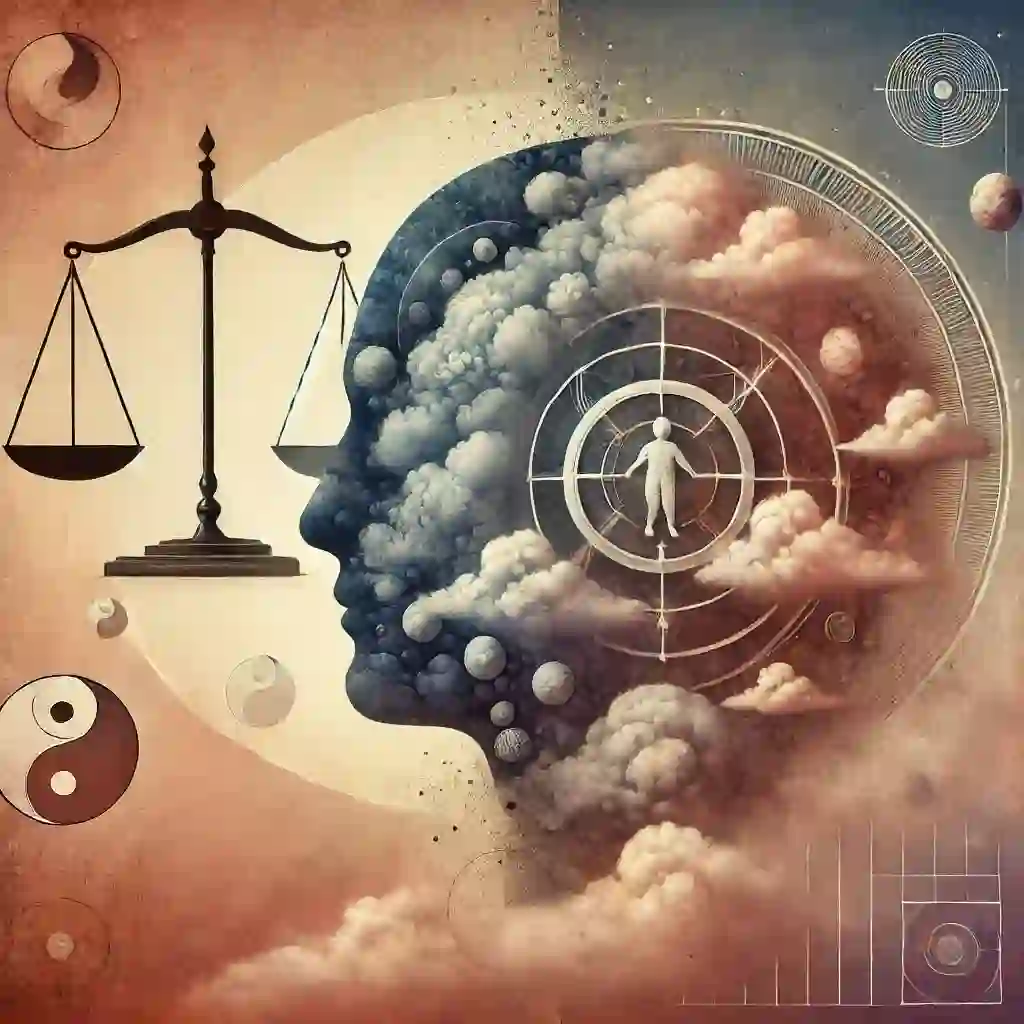
Existential Questions and Human Condition
At its most basic level, the human condition is concerned with existential systems. Humans seek to understand this arrangement of nature, most aware of the fact that they will not escape death, and seek a positive aspect to such a negative outlook. History attributes the resolution of those concerns and their use to philosophers and theologians because they are fundamental to human practice or humanity itself.
Coping Mechanisms and Building Resilience
Emotional Resilience
Emotional resilience means that one is able to bounce back from problems or crises or that one adapts to stress. Emotional resilience involves an active process where a person changes some negative beliefs into problem-solving affirmative views. Several practices that aim to promote and enhance an individual’s well-being can improve emotional resilience, including therapy, mindfulness, and supportive relationships.
Growth Through Suffering
An increasing number of individuals are embracing the concept that suffering can serve as a means of improving oneself. Holocaust survivor and philosopher Viktor Frankl insisted that those who suffer should work hard to comprehend that those very travails can make them stronger. This aspect addresses the question, “why is life so tough?”, by proposing that adversity causes us to grow and develop into more and better human beings.
Social Support Systems
Cultivating a social support system is essential in any fight against adversities. Getting the support of friends, family, and community provides emotional support as well as physical aid and a sense of belonging. Such measures can soften the impact of adversities and help people remember that they are not the only ones fighting the odds.
Philosophical and Spiritual Approaches
Stoicism
For Stoics, it is important to recognize that while one cannot control external events, one can control their reactions to them. This perspective helps in accepting life’s difficulties without being overwhelmed by them, offering a profound answer to the question, “why is life so hard?”
Buddhism
Buddhism emphasizes that life’s suffering stems from attachment and desire. By understanding and letting go of these, one can achieve a sense of peace despite life’s inherent difficulties. This view offers a different approach to understanding why life is so hard.
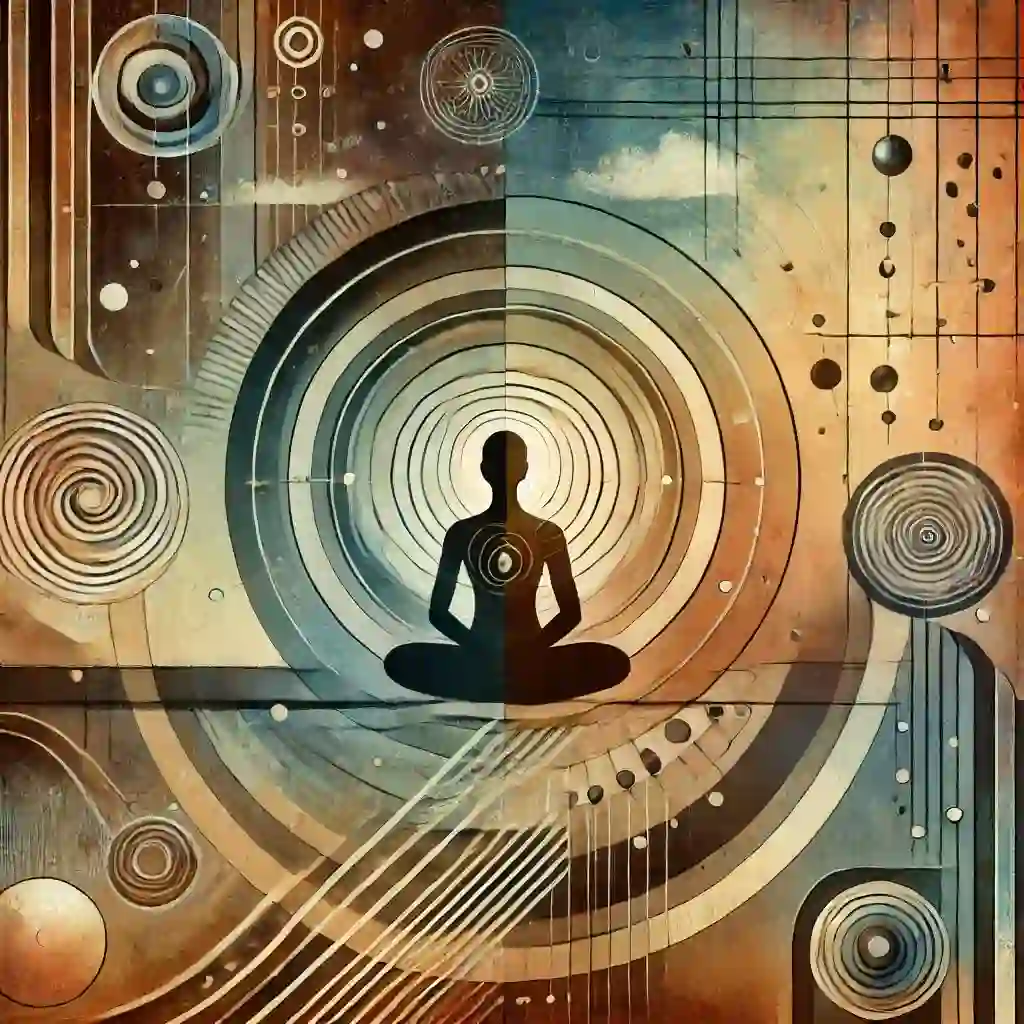
Existentialism
Existentialism posits that individuals are responsible for giving meaning to their lives despite the inherent absurdity of the world. This philosophy suggests that even in the face of hardship, one can find purpose and create meaning, addressing the existential question of “why is life so hard?”
Personal Growth and Achievement
Adopting a Growth Mindset
A growth mindset, as opposed to a fixed mindset, is the belief that ability and intelligence can be developed with effort. Such a mindset plays a significant role in managing life’s challenges since individuals view obstacles not as roadblocks but as opportunities for learning. This mindset can transform the insistence that life is so hard into a belief that life is full of growth potential.
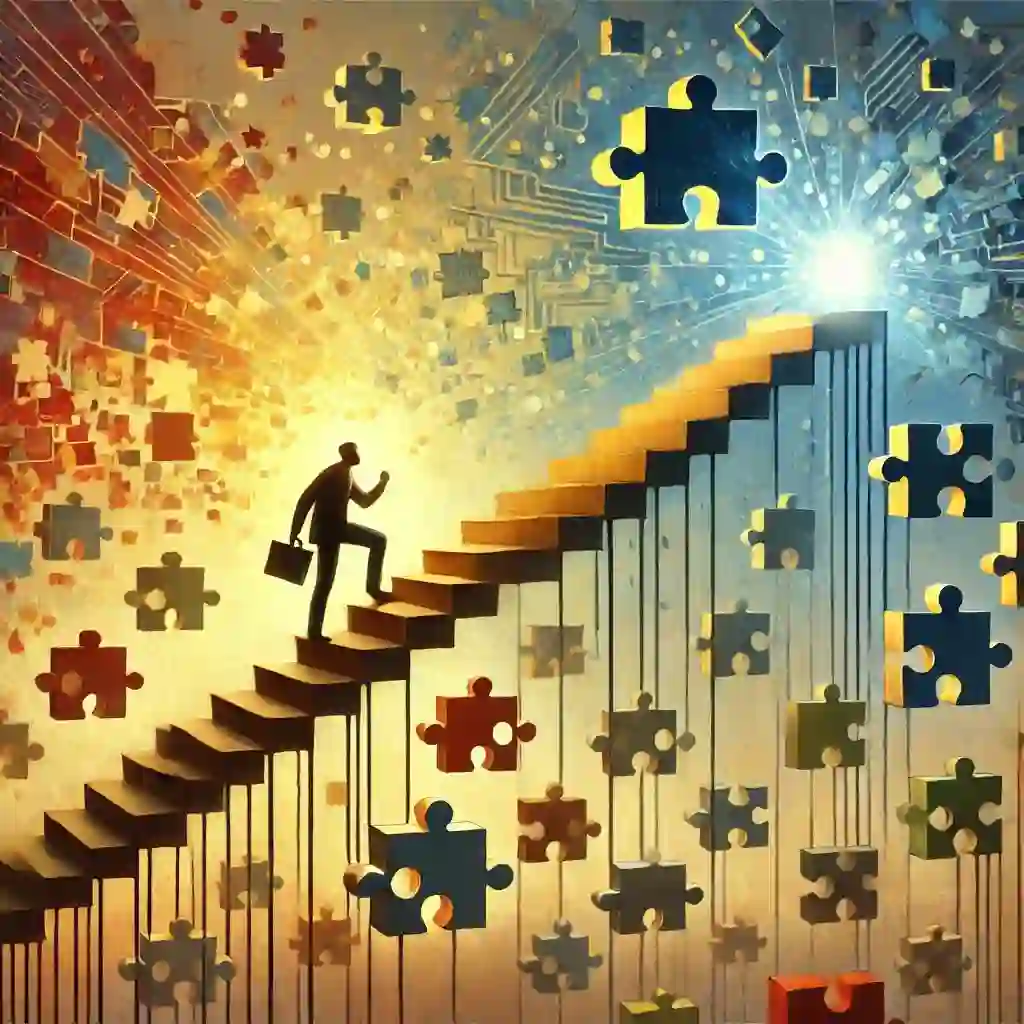
Achievement Through Adversity
Some of the most iconic accomplishments around the globe are those achieved by people who have faced many challenges. What inventors, dissenters, artists, and scientists have in common is the fact that hardship is frequently the engine of creation. Considering such examples during difficult times can provide a higher purpose to adversities and help you move forward, even when life is so hard.
Practical Steps to Make Life Easier
Prioritizing Mental and Physical Health
Self-care in regard to one’s mental and physical well-being is crucial in facing life’s challenges. Engaging in physical fitness, eating healthy, getting enough sleep, and participating in meditative exercises all help improve the quality of life and provide the strength needed to cope with adversity.
Setting Realistic Goals
One of the best ways to counteract the emotional roller-coaster of failure is by setting realistic goals that are within reach. Larger, more intimidating goals can be made easier and less overwhelming by breaking them down into smaller, manageable steps. This approach allows for a sense of achievement throughout the process.
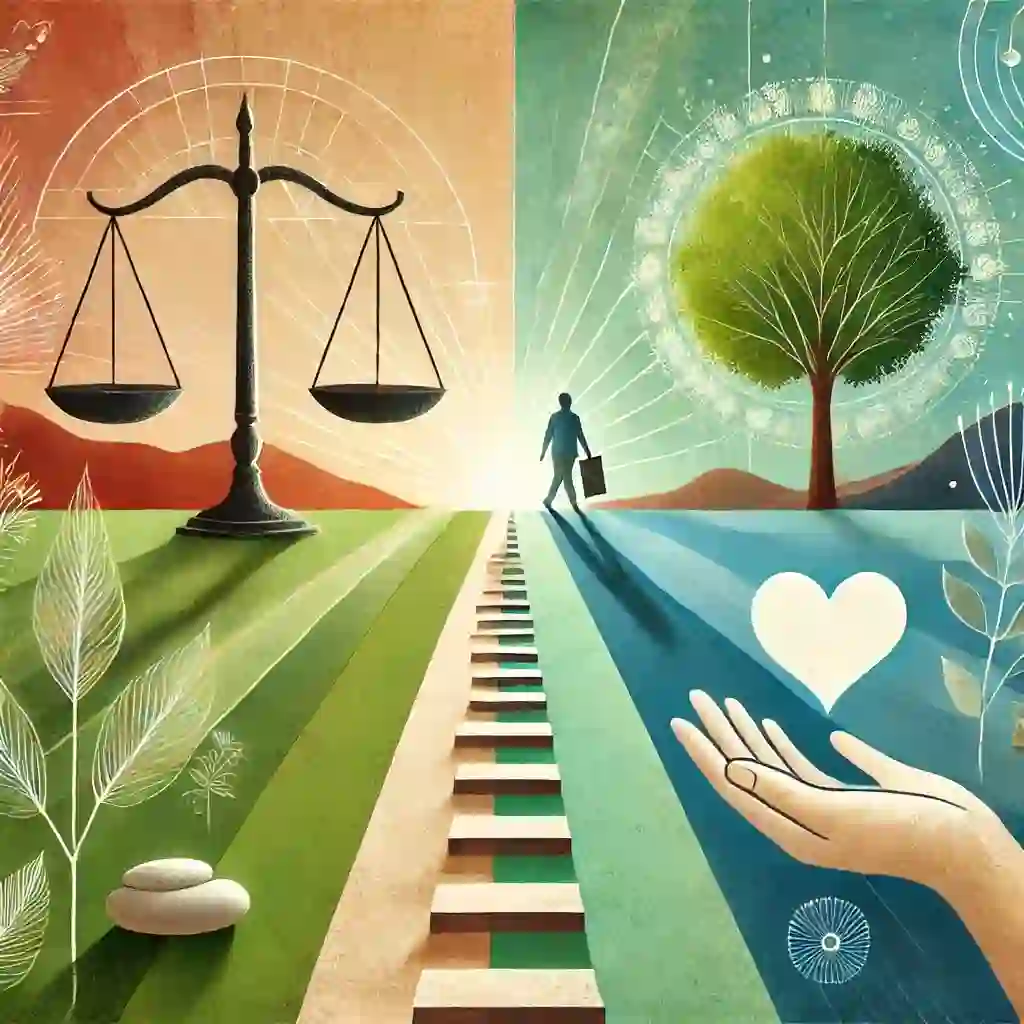
Cultivating Gratitude
Practices of gratitude, such as keeping a gratitude journal, shift focus from what’s wrong in life to what’s right. This modest but significant change has been shown to improve moods and life satisfaction, helping to balance the negative side that comes with some challenges.
Conclusion: Embracing the Journey
Eventually, the answer to the inquiry, “Why is life so hard?” may not be easily defined. Life is complicated; its challenges are social, psychological, organizational, or even a mix of these. Nevertheless, life’s burdens can be understood, and techniques to cope, learn, and grow can be mastered, making the hurdles more manageable and easier to accept.
Life may never seem easy, but in the midst of struggles come the greatest strengths and joys that a person never knew they had. Therefore, it’s possible to transform the statement, “Why is life so hard,” into “Presented with the challenge of life, how do you rise to it?





